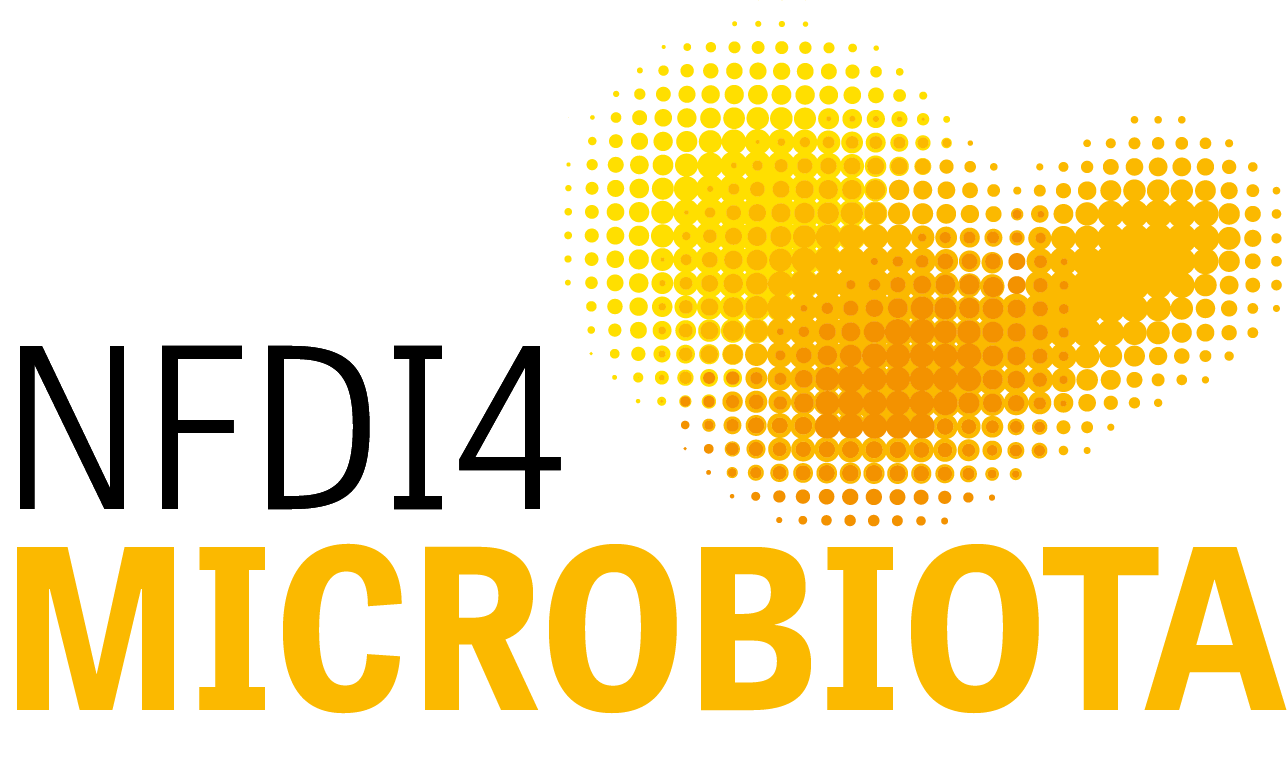Orchestrate your data!
Fast, secure and domain-agnostic data management for heterogeneous sovereign data sources.




Data orchestration
The smart data orchestration engine manages data across multiple physical locations throughout the data lifecycle, including ingestion, transformation, analysis, and processing.
Metadata enrichment
Enrich, group, and organize data and metadata, including qualified links to internal and external sources, thanks to a flexible and powerful multi-standard metadata management system.
FAIR
All data is treated as FAIR Digital Object, with a globally unique persistent identifier for each resource and qualified (user-defined) relationships to internal and external sources.
Easy sharing
Flexible data handling via the widely accepted S3 compatible interface, including pre-authenticated up- and download URLs makes it easy to integrate with existing tools and workflows.
Effortless migration
Existing storage systems can be easily integrated into the system without moving any data. You maintain full control over who has access to your data
Secure
By default all data is encrypted at REST. We are using the proven Crypt4GH encryption standard that is also used to secure sensitve medical data.
Free and open-source
All components are freely available under a permissive open-source license.
Learn moreCustomizable
Data proxy and server components are easily customizable to your needs.
Learn moreDocumentation
The comprehensive documentation makes getting started and jumping in to Aruna a breeze!
Learn moreMailing List
Subscribe and get all the latest Aruna updates and news.
Frequently Asked Questions
What is ARUNA?
The ARUNA data orchestration engine is an open source data management platform that enables scientists and industry partners to store, annotate and share their data according to FAIR principles.
Who develops ARUNA ?
ARUNA is developed by a small team at Justus-Liebig-University Giessen for the NFDI4Biodiversity and NFDI4Microbiota projects, as well as the GAIA-X connector project FAIR Data Spaces.
Why should i use ARUNA for my project ?
Storing data in localized domain specific data silos can limit collaboration, reuse, and analysis of data. The ARUNA platform can bring great benefits for your research data such as improved collaboration, compliance with FAIR principles, scalability, data security, and easy integration with existing workflows.
How can I log in ?
Currently our service is an invitation only platform for members of the NFDI consortia and other partners. In the future we plan to open our platform for a broader audience.
Is there a maximum storage capacity ?
Storaged manage by us does not have any quotas, but is limited to a small number of existing partners. There are no restrictions when hosting your own data proxy instance. The technical limit per objects is 5 TB as per S3 specification.
Who can see my data ?
You can choose how your data is shared, and we offer a variety of access models, from highly confidential data to public datasets that anyone can view and download. By default, all of your data is private and only accessible to the people you grant access to, but a minimal configurable set of metadata is always public to ensure discoverability.
Is my data secure ?
When using our managed service, we ensure that your data is stored through our custom data proxy component, which encrypts, compresses, and anonymizes all user-provided data by default. This way, your data is always secure while stored on disk.
What is a data proxy ?
Data proxies are the decentralized backbone of the data plane, interacting directly with data storage providers and providing a unified S3-compliant interface for data. In addition, they can be configured to perform data encryption, compression, anonymization, and end-user access control, including enforcement of data usage policies.
How many projects can I create ?
There are no limits regarding the amount of projects to create.

